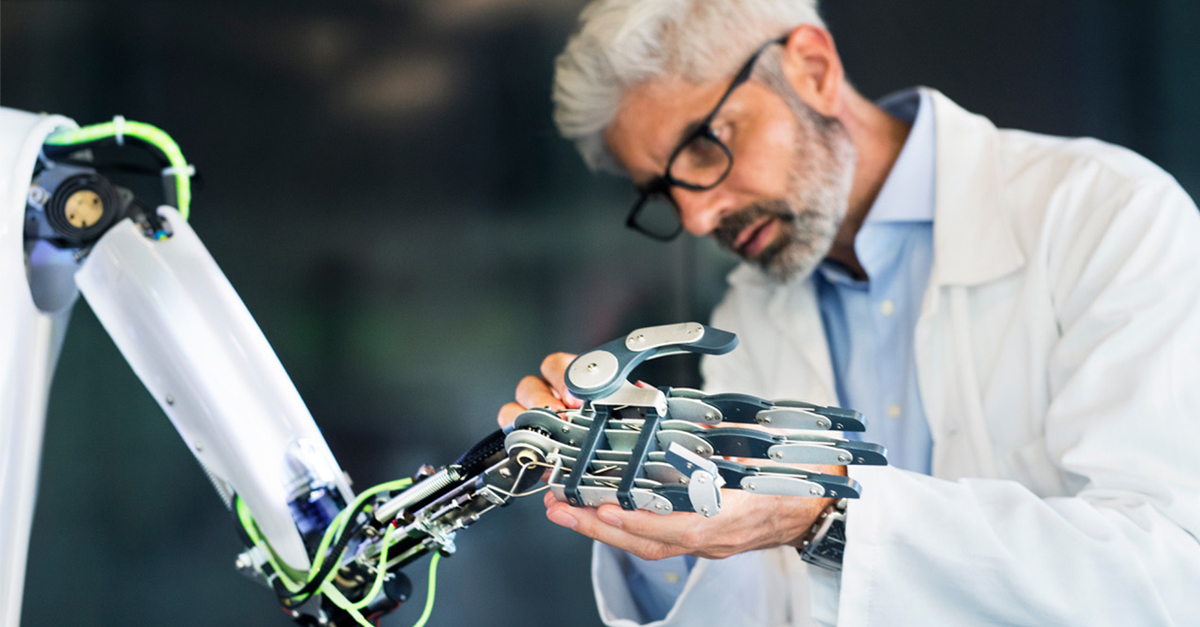
Life sciences: Made in Italy, the protagonist of the medicine of the future
4 July 2019Biotechnologies, nutraceuticals, pharmaceuticals, neurosciences, biomedical technology and MedTech, are just some of the numerous variations of the Life Sciences sector, which ranks first in Italy for competitiveness, productivity and R&D investments. A sector, which sees Made in Italy among the protagonists on a global level in the definition of the medicine of the future: predictive, preventive, personalized and participatory.
The life science sector deals with the research, development and production of health-related assets, with the ultimate goal of placing them on the market for the commercialization of devices and technological solutions with high added value. In particular, biotechnologies, the pharmaceutical and medical devices sectors are the Italian high-tech sectors that represent the true engine of growth and competitiveness of the country.
Italy is, in fact, one of the leading European countries that invests in innovation and technology in the medical field, thanks to the work of established and cutting-edge startup companies. To demonstrate the strength of the sector, is its capacity to withstand the economic crisis of the past years, making a great contribution to the economy with a value of the production chain that corresponds to about 10% of the national Gross Domestic Product.
There are numerous innovation projects and new companies whose sole objective is to promote the integration of research, industry and the market, focusing on young people, their business ideas and scientific and technological research. As reported by the scientific magazine EconomyUp, in 2018 the investments in Italian startups in the life sciences sector reached 128.4 million euros, 71 million more than in the previous year, for a total value of the sector of 153 billion EUR.
Italy is a world excellence in the Pharma sector and the leading pharmaceutical manufacturer in Europe, with 31.2 billion euros of production in 2017 alone. Innovation is a fundamental requirement to remain at the top of such a highly competitive industry and, according to the association of pharmaceutical companies, solely in 2018 the sector invested over one and a half billion in research and development, or the equivalent of 7% of the total national expenditure that Italian companies allocate to the R&D department.
However, other areas of life sciences are gaining momentum in recent years. In particular, the MedTech industry is experiencing a strong expansion in the Italian productive tissue, with over 3,800 companies employing more than 76,000 employees – 7.3% of which are involved in research and development -, constantly growing revenues and an export worth over 5 billion euros. The sustained growth is also evidenced by the implementation of the MedTech Europe Code, a document that regulates professional ethics in the sector at European level.
Hand in hand with the development of the sector, employment is also growing, with an increase of 4.8% in the two-year period 2015-2017. The professional figure of the Health Manager, who defines, pursues and controls the adequacy between access, costs and the quality of health services, while also taking into account the needs of the public sector, is in fact obtaining ever greater recognition. The Health Manager combines a purely scientific background with management knowledge, which makes him a professional responsive in the event of a crisis, attentive to the needs of his staff and administrative matters, and therefore suitable for a managerial role.
The need to correlate the economic and administrative world with the life sciences sector represents the next big challenge of managerial training. To fill this gap, Bologna Business School offers the II level Full-time Master in Management / Life Sciences and MedTech, aimed at young graduates with a Master’s Degree in the scientific field who aspire to a managerial career in the sectors of pharma, biotechnology and healthcare services.
